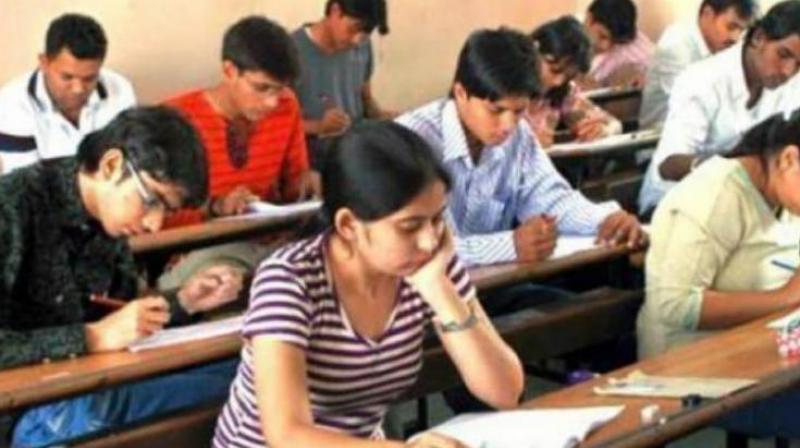IAS aspirants worried over drastic changes to system

Chennai: Civil service aspirants are worried about the new proposal from the union government for giving weightage to performance in the foundation course in service allocation and cadre allocation. They say it would open gates for manipulation in service allocation.
As per the existing method, the candidates are getting service allocation (IAS, IPS, IFS and IRS) or cadre allocation (state cadres, central cadres and others) based on the marks students scored in Union Public Service Commission’s main exam and interview. Students get ranks based on these marks. But, now, the central government wants to add the performance of selected candidates in the Foundation Course before allocating the service or cadre to the candidates.
In a circular, the department of personnel and training (DoPT), Government of India asked for feedback within a period of seven days from other departments on this proposal which was suggested by the Prime Minister’s Office.
As per the suggestion, the PMO asked the DoPT to examine the feasibility of giving due weightage to the performance in the Foundation Course and making service allocation as well as cadre allocation to All India Service Officers, based on the combined score obtained in the Civil Services Examination and the Foundation Course. The suggestion is likely to come into effect from current year itself.
One of the candidates who cleared the UPSC exam this year said, “The existing process of allocating service and cadre to the candidates is a foolproof system. The experts who evaluate the main answer sheets don’t know about the candidates and likewise, the interview panel will know names of candidates just before conducting the interview. So, there is objectivity as the scope for influence is very low.” The same cannot be said about the Foundation Course.
“The trainers at the Lal Bahadur Shastri National Academy of Administration could award marks based on regional or caste biases. The process becomes open for manipulation,” he feared.
The academy is being run by IAS and IPS officers. “The daughters and sons of bureaucrats stand more chances to enter into IAS and IPS after getting high marks in the Foundation Course,” another aspirant, who spoke on condition of anonymity, said.
Another aspirant said it could lead to subjective allocation as the process prone to the biases. He highlighted that the Foundation Course often cultivates friendships among officers from inter and intra-services which would go long way in their career. This would defeat the entire purpose of the Foundation Course as there would not be any feeling of fraternity.
D. Shankar, director, Shankar IAS Academy, said the existing ranking system is the unbiased and secret system. “If they took the performance in the Foundation Course into consideration, then all the biases like region, caste and others will play a major role in allocating the service and cadre.”
He said the new proposal will pave way for a highly discriminatory system. “By bringing it the central government is trying to collapse the civil service system.
The sons and daughters of politicians, bureaucrats will have more advantage than the candidates hailing from an ordinary background,” he cautioned.
There is a demand that central government seek the opinion of civil service aspirants, intellectuals and common people. “Why so much urgency is being shown while bringing such a major change? The parliament should discuss this change,” Mr.Shankar said.
“The recommendation was first made in the Kothari committee’s report. But, the suggestion was rejected as it could pave way for manipulation and bias during the Foundation Course,” said Israel Jebasingh, director, Officers IAS Academy.
There is a demand for reforming the training method for civil servants as the Mussoorie institute still following training module for ICS officers like horse riding and trekking. “If central government decides to award marks based on these training, then the very concept of merit would be lost,” he said adding that proposed change could pave way for regional bias and corruption while allocating the services.
“It could particularly affect the candidates from non-Hindi speaking states as they would struggle to mingle with others in the initial period,” he said.
R.Sathyamoorthy, director, Sathya IAS Academy, said the new change will bring entire civil service exam under the control of politicians and bureaucrats. “The training is just for developing the personality. Candidates, who could not score many marks in main exam and interview, might be awarded top ranks in the Foundation Course. It could also disturb the reservations for OBCs, SC, ST categories in civil service exams,” he said.

